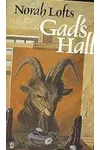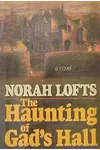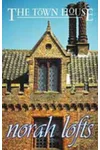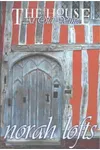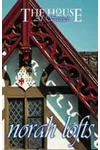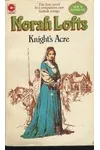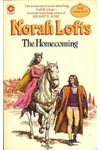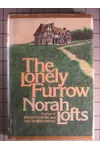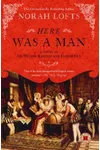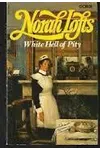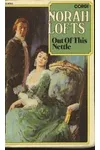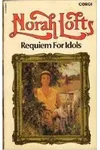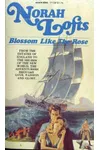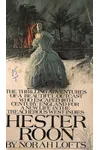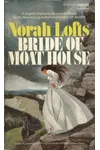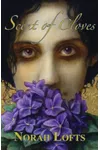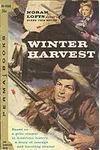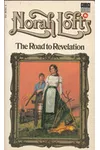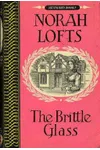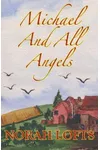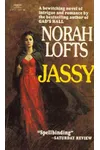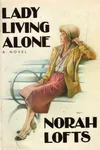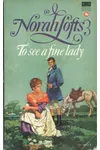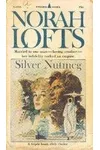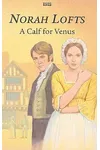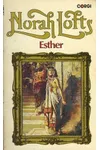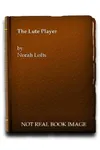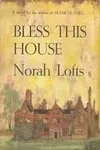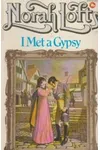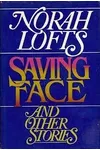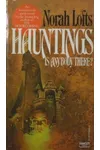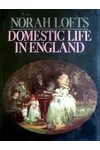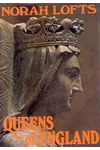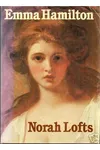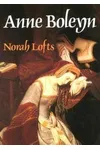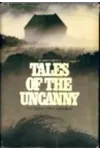Picture a British storyteller who spun centuries of history into spellbinding tales—meet Norah Lofts! Born in 1904 in Norfolk, England, Lofts became a literary gem, crafting over fifty novels that blend historical fact with vivid fiction. Her knack for breathing life into the past, especially through her beloved Suffolk Trilogy, keeps readers hooked even today.
With a light touch and deep empathy, Lofts explored the lives of queens, serfs, and everyday folk, making history feel personal and alive. Her stories, set in the fictional town of Baildon, echo the charm of Bury St. Edmunds, where she lived for decades. Ready to dive into her world? Let’s explore the life and legacy of this historical fiction maestro!
The Making of Norah Lofts
Norah Ethel Robinson was born on August 27, 1904, in Shipdham, Norfolk, to a country doctor and a musician mother. Raised in Bury St. Edmunds, she soaked up the town’s rich history, which later inspired her fictional Baildon. After earning a teaching diploma from Norwich Training College in 1925, Lofts briefly worked as a teacher and secretary before her passion for writing took over. Her first book, I Met a Gypsy, hit shelves in 1935, launching a prolific career that spanned half a century.
Norah Lofts’s Unforgettable Stories
Lofts’s novels are a masterclass in historical fiction, blending meticulous research with gripping narratives. Her Suffolk Trilogy—The Town House (1959), The House at Old Vine (1961), and The House at Sunset (1962)—traces five centuries of life in a single Suffolk house, from a 14th-century serf to 1950s residents. Each book weaves secrets, love, and tragedy, showcasing her love for houses and their histories.
Beyond Suffolk, Lofts penned biographical novels about queens like Anne Boleyn in The Concubine (1963), capturing their triumphs and heartaches with sensitivity. Her murder mysteries, written as Peter Curtis, like You’re Best Alone (1943), reveal a darker side, yet carry her signature emotional depth. Lofts’s style—rich in detail, grounded in realism, and laced with social commentary—sets her apart, reflecting her concern for the poor and marginalized in post-war Britain.
Her versatility shone in works like Jassy (1944), a tale of passion and fate, later adapted into a 1947 film. Whether exploring Tudor courts or rural taverns, Lofts made every era feel intimate, earning her a devoted global following.
Why Norah Lofts Matters
Norah Lofts’s impact lies in her ability to humanize history. Her novels, translated into many languages, brought the past to life for readers worldwide, inspiring writers like Alison Weir. Films like Jassy and 7 Women (1965), based on her story Chinese Finale, extended her reach to new audiences. In Bury St. Edmunds, her legacy endures—a blue plaque on her Northgate Street home, unveiled in 2013, honors her contribution to literature and her love for the town.
Lofts’s focus on ordinary lives, especially women and the working class, resonated deeply, offering a lens on social reform. Her books remain in print, cherished by fans who rediscover her through reprints and ebooks, proving her stories are timeless.
- Birth: August 27, 1904, Shipdham, Norfolk
- Key Works: Suffolk Trilogy, The Concubine, Jassy
- Award: National Book Award for I Met a Gypsy (1935)
- Pen Names: Peter Curtis, Juliet Astley
Snag The Town House and dive into Norah Lofts’s captivating historical fiction! Her tales of love, loss, and legacy will sweep you away.
